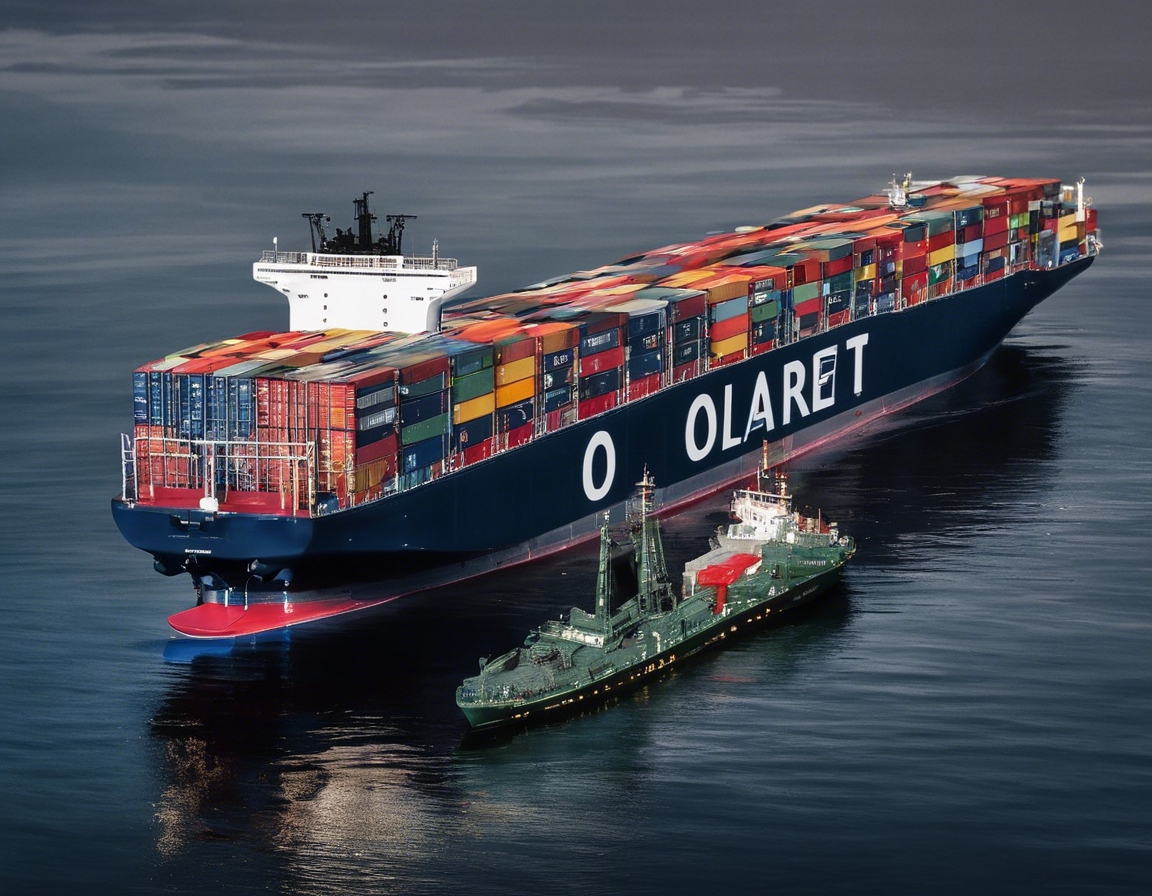How proximity to ports enhances your logistics strategy
Efficiency in logistics and supply chain management is paramount for businesses that rely on the timely and secure delivery of goods. The location of your operations in relation to ports can significantly impact your overall logistics strategy, affecting everything from cost to delivery times.
Being close to a port offers a competitive edge by streamlining the movement of goods from suppliers to customers. For businesses involved in container and car transport, this advantage is even more pronounced, as ports are critical nodes in the global transportation network.
Key Benefits of Proximity to Ports
Proximity to ports can lead to substantial savings on inland transportation costs. By minimizing the distance goods need to travel by truck or rail, companies can reduce fuel expenses and wear and tear on vehicles.
Being near a port means faster turnaround times for shipping containers and vehicles, allowing businesses to respond more quickly to market demands and customer needs.
A close location to ports helps in mitigating risks associated with long-distance transportation, such as delays and increased chances of damage to goods.
Ports are gateways to international trade, and businesses in their vicinity have easier access to global markets, facilitating the import and export processes.
Companies near ports enjoy greater flexibility in their logistics operations, being able to adjust shipping schedules and routes with greater ease.
Operational Advantages for Businesses Near Ports
Businesses close to ports can benefit from streamlined customs clearance procedures, reducing the time goods spend in transit and improving overall efficiency.
Just-in-time inventory strategies are more feasible for businesses near ports, as they can rely on the quick replenishment of stock, reducing the need for large warehousing spaces and associated costs.
Proximity to ports opens up opportunities for utilizing various modes of transportation, such as sea, rail, and road, allowing for more cost-effective and flexible logistics solutions.
Strategic Planning for Port Proximity
Choosing the right port involves considering factors such as its capacity, services offered, and the destinations it serves. It's crucial to assess how a port aligns with your business needs and logistics objectives.
Incorporating the benefits of port proximity into your logistics strategy can lead to improved operational efficiency and cost savings. It requires a thorough analysis of transportation networks and the potential impact on your supply chain.
Forging strong partnerships with port authorities and logistics service providers can enhance your company's ability to navigate the complexities of international trade and transportation.





Comments (0)